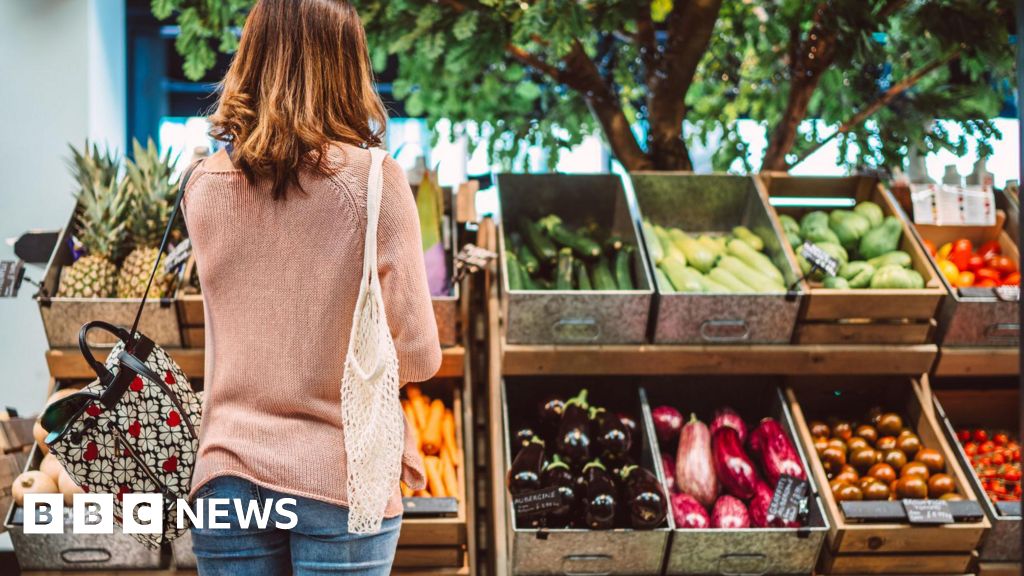UK retail sales fell sharply last month after "dismal" sales at supermarkets, official figures show. Sales volumes were estimated to have fallen by 2.7% in May, the biggest monthly fall since December 2023, according to the Office for National Statistics (ONS). It said there were signs that alcohol and tobacco sales were lower after customers chose to make cutbacks. Separate figures from the ONS showed that government borrowing rose last month, hitting the second highest level for May since monthly began in 1993. Borrowing - the difference between spending and tax income - was £17.7bn, up £0.7bn from May last year. The ONS said revenue from income tax and National Insurance contributions increased, but spending rose by more, partly due to inflation-linked uplifts to many benefits. May's fall in sales followed a 1.3% rise in April, when sales were boosted by sunny weather. The ONS figures show that sales volumes in the three months to May are still up by 0.8% compared to the previous three months, which is seen as a better guide to underlying trends. However, Paul Dales, chief UK economist at Capital Economics, said the latest figures added to "other evidence that the burst of economic growth" in the early part of the year "is over". He said some of May's decline was due to the boost in April from the warm weather fading, but "the ONS also said retailers noted inflation was prompting consumers to cut back".
'Dismal' month for supermarkets pushes down retail sales
TruthLens AI Suggested Headline:
"UK Retail Sales Decline Amid Supermarket Struggles and Rising Government Borrowing"
TruthLens AI Summary
UK retail sales experienced a significant decline in May, with official figures indicating a 2.7% drop in sales volumes, marking the largest monthly decrease since December 2023. The Office for National Statistics (ONS) attributed this downturn primarily to disappointing performances in supermarkets, where sales of alcohol and tobacco also saw reductions as consumers tightened their spending. The decline in retail sales follows a 1.3% increase in April, which was bolstered by favorable weather conditions. Despite the downturn in May, the ONS reported that sales volumes over the three months leading up to May showed a modest increase of 0.8% compared to the previous three-month period, suggesting that the overall trend may not be as bleak as the single-month figures imply. However, analysts, including Paul Dales, chief UK economist at Capital Economics, noted that these latest statistics contribute to a growing body of evidence suggesting that the recent economic growth experienced in the UK earlier this year may be waning. Dales pointed out that while some of the sales drop can be attributed to the fading effects of April's warm weather, the ONS also highlighted that inflation is causing consumers to limit their expenditures, indicating a broader concern regarding consumer confidence and spending habits.
In addition to the decline in retail sales, the ONS reported a rise in government borrowing, which reached £17.7 billion in May, marking the second-highest borrowing figure for that month since records began in 1993. This increase in borrowing, which rose by £0.7 billion compared to May of the previous year, reflects the difference between government spending and tax income. While revenues from income tax and National Insurance contributions showed an uptick, overall spending increased at a faster rate, driven in part by inflation-related adjustments to various benefits. The combination of falling retail sales and escalating government borrowing raises concerns about the economic outlook for the UK, as consumers face financial pressures amid rising costs, potentially leading to further reductions in spending in the months ahead.
TruthLens AI Analysis
You need to be a member to generate the AI analysis for this article.
Log In to Generate AnalysisNot a member yet? Register for free.
